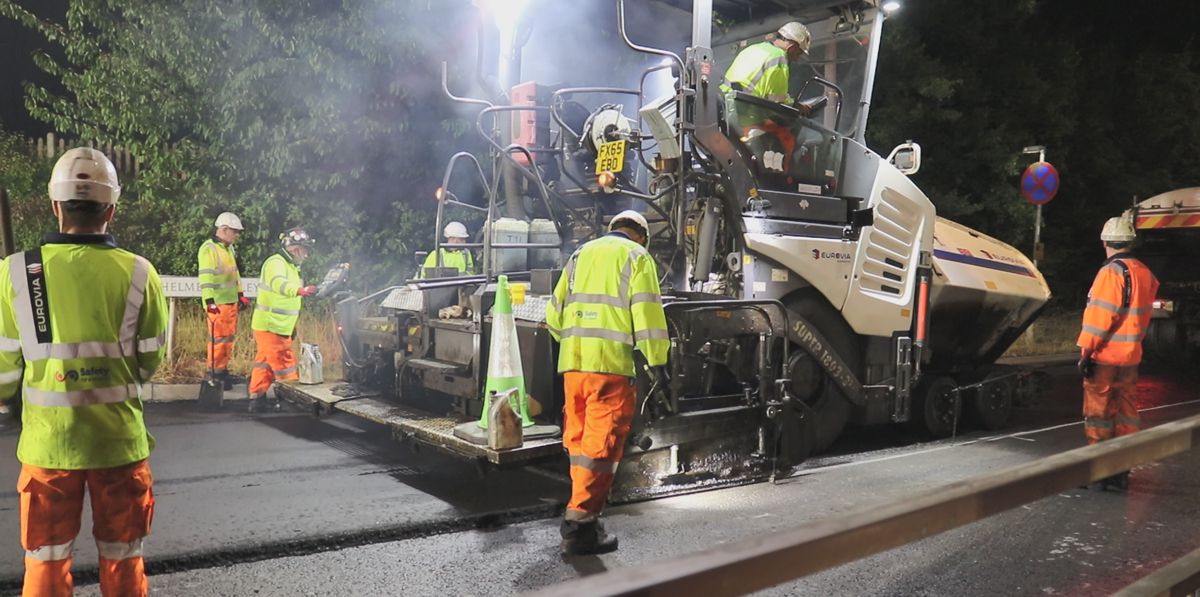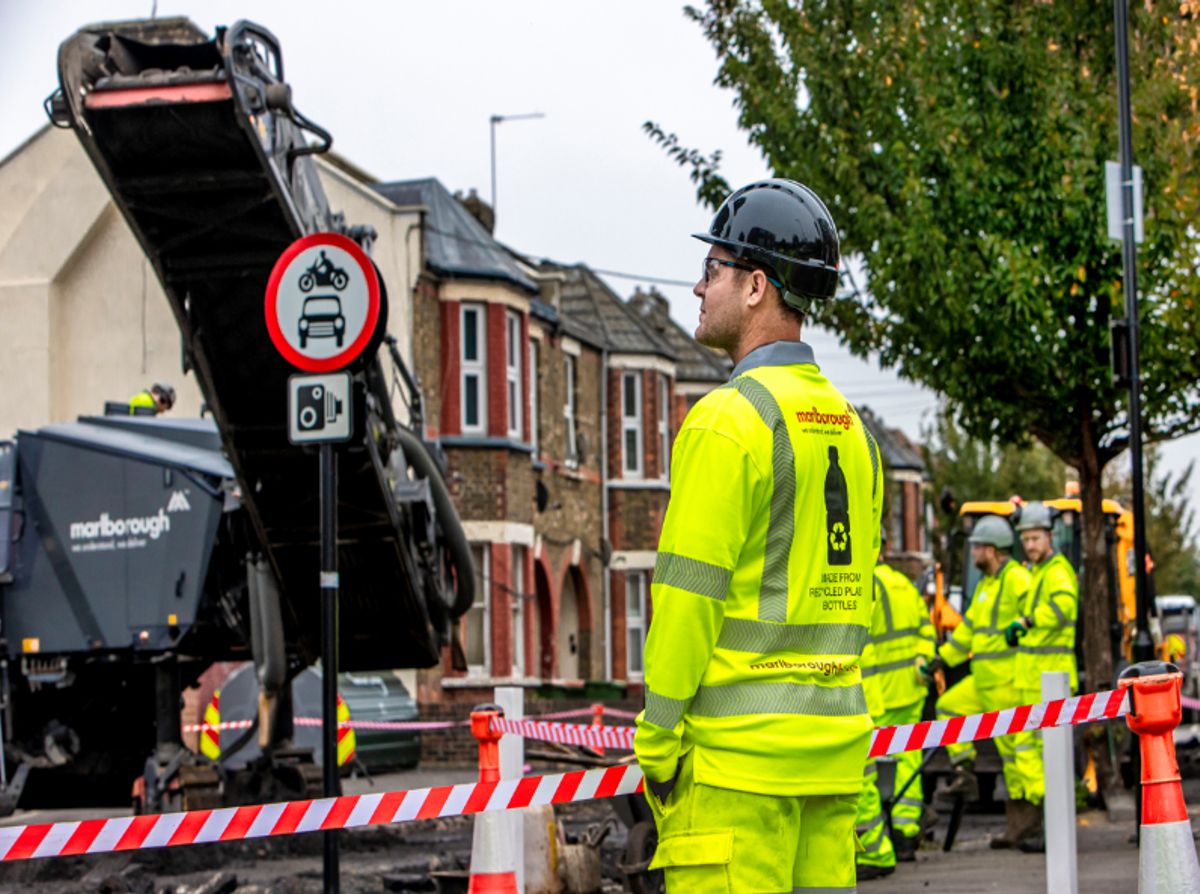Keele University experts advise policymakers on road safety during and after lockdown
Criminology experts from Keele University are studying the impact of the coronavirus lockdown on Britain’s road network, in a bid to make the roads safer during and after the lockdown.
As the country remains in lockdown to help limit the spread of coronavirus, traffic levels have dropped by around 70% while people work at home and avoid unnecessary journeys. But despite this reduction in traffic levels, evidence suggests that drivers who are still on the roads are speeding more.
To make the roads safer during the lockdown period, as well as to ensure that they are safe when the measures are lifted, Senior Lecturer in Criminology Dr Helen Wells and PhD student Craig Arnold have been asked to analyse data from Highways England and police reports, in order to understand the impact of the lockdown on traffic volumes and road users’ behaviour.
They have been asked by Highways England and the National Police Chiefs Council to study a number of factors relating to road offences recorded during the lockdown, including the type of vehicle involved, the type of offence recorded, and the time and date of the offending, in order to compare this with pre-lockdown roads policing data.
They will then take their data to the National Roads Policing Operations and Intelligence forum, and will use their expertise to design and implement methods of improving the safety of the roads during the next few weeks.
They have also been asked to develop an ‘exit strategy’ for policing roads for when the lockdown is eventually lifted, with Dr Wells saying that there are challenges and opportunities to be considered for drivers when they get back to driving after such a long absence.
She added: “As lockdown restrictions are lifted, many drivers will get back behind the wheel of their vehicle for the first time in weeks, or even months. There are both practical and behavioural issues here.
“Drivers will notice a flat battery, but may not think to check tyre pressures or fluid levels, their insurance, tax or MOT status, and they may not realise how out of practice they are in both the practical and social aspects of driving.”















